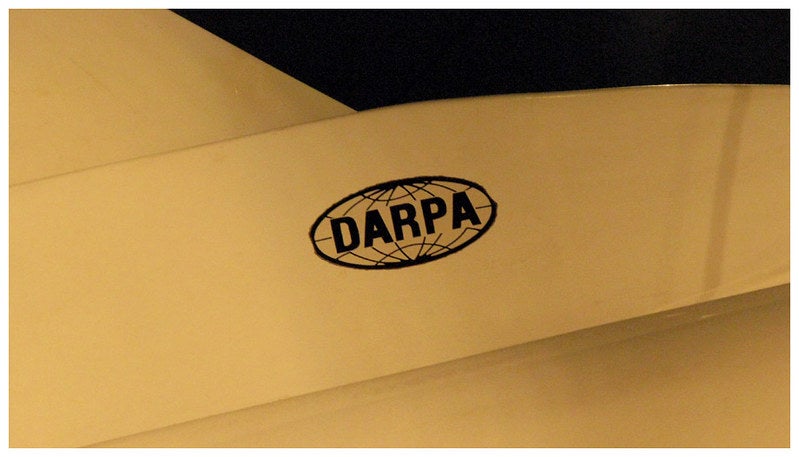
The US Defense Advanced Research Projects Agency (DARPA) has selected research teams to work on its Wideband Adaptive RF Protection’s (WARP) research and development objectives.
Developed by DARPA, the WARP programme is aimed at supporting the continued use of wideband radios and address the challenges associated with bandwidth.
WARP programme is split into two ‘primary research’ areas.
The first is engaged in the development of new filter architectures that have ‘inherently wideband tuning characteristics’ to cover the 2GHz-18GHz band of interest.
According to DARPA, the research teams from the University of Pennsylvania, BAE Systems, Raytheon Technologies, Northrop Grumman, Collins Aerospace and Indiana Microelectronics are working on this area.
Meanwhile, the second research area covers ‘reconfigurable signal cancellers’ in the 0.1 GHz-6GHz band of interest and supports ‘large time delay spreads to handle dispersive signal leakage paths’.
How well do you really know your competitors?
Access the most comprehensive Company Profiles on the market, powered by GlobalData. Save hours of research. Gain competitive edge.

Thank you!
Your download email will arrive shortly
Not ready to buy yet? Download a free sample
We are confident about the unique quality of our Company Profiles. However, we want you to make the most beneficial decision for your business, so we offer a free sample that you can download by submitting the below form
By GlobalDataResearch teams of BAE Systems, L3Harris Technologies, Columbia University and the University of Pennsylvania are working on this area.
The technology approaches that will be explored are intrinsically switched electromagnetic (EM) resonators, multiferroics, acoustics, photonics, and embedded sensing of the electromagnetic spectrum.
DARPA programme manager Timothy Hancock said: “The performers on WARP are exploring a range of novel approaches to develop new circuit architectures for tunable filters and cancellers.
“It is expected that the adaptive filter technology will help protect wideband digital receivers from signal saturation in congested environments and the adaptive cancellers will enable same-frequency simultaneous transmit and receive (STAR) applications over much wider bandwidths than can be achieved today.”







